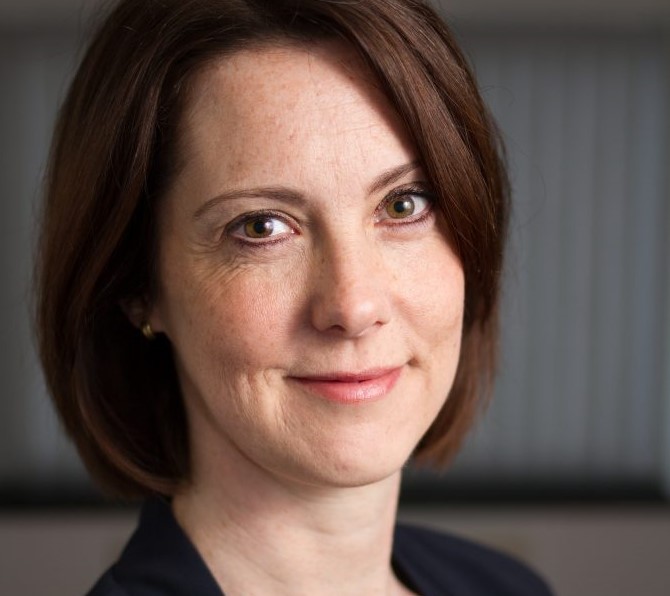None of us can envisage how the complex adaptive system of planet Earth and its ecosystems will develop over time, but one thing is certain – that our planet, and the human societies, animals and plants which inhabit it – will change in ways which are unknown and unknowable. The dominant cultural paradigms which have defined modern healthcare and healthcare leadership are being replaced by a new paradigm which is increasingly referred to as ‘metamodernism’. In these two linked blogs, Dr Fiona Day describes this emerging cultural pandemic, and discusses how medical leaders will need to attend to their own development, to be effective in this new paradigm.
Our growth and development as adults is one of the main journeys of our lives. It is not a race, nor is it ‘better’ or ‘worse’ to be at one stage of development over another, rather we may wish our stage of development to be appropriate to the context that we are living and working in.
Congruence between adult developmental stage and role context is especially important for senior leaders. If the leader’s ‘form of mind’ (the ways in which the leader is making sense of the world) is not congruent with the context of their role, the leader can be either out of their depth or profoundly frustrated.
Adult development theory provides a powerful evidence-based model to understand the different stages of leadership maturity. By understanding the leader’s developmental stage, and the stage of development best suited for the role, we can ensure that individuals, teams, organisations and systems are likely to thrive, as each leader is able to do their own best work for any given stage of development.
Leaders who have forms of minds which are conforming, or based on clarity on their own values and beliefs, have been respectively suited to modernist and post-modernist paradigms. If the metamodern cultural paradigm continues to grow over time, the more leaders will need dialectical forms of mind to enable them to lead in increasing complexity, ambiguity and uncertain contexts to address some of the world’s most challenging and complex issues.
There is a cost as well as an opportunity in progressing in one’s development as an adult: it can be anxiety provoking as one’s identity changes, and can lead to someone ‘outgrowing’ different relationships and roles, which can be unsettling and confusing. Coaching with an expert in adult development theory is a powerful intervention to support and enable leaders to understand their current form of mind, and to choose whether to consciously transition between developmental stages.
The medical leader who understands their own stage of development, and can gain perspective into themselves and others, is the medical leader who will be most effective in improving health and social outcomes and reducing inequalities in a metamodern future.

Dr Fiona Day
Dr Fiona Day is a former Consultant in Public Health Medicine, now working as an Executive Coach offering world-class coaching for senior doctors, medical and public health leaders in the UK and internationally. She specialises in using adult development theory in the context of complexity to enable leadership development.
Declaration of interests
I have read and understood the BMJ Group policy on declaration of interests and declare the following interests: I am the sole Director of Fiona Day Consulting LTD and provide executive coaching and mentoring services for doctors and public health leaders.